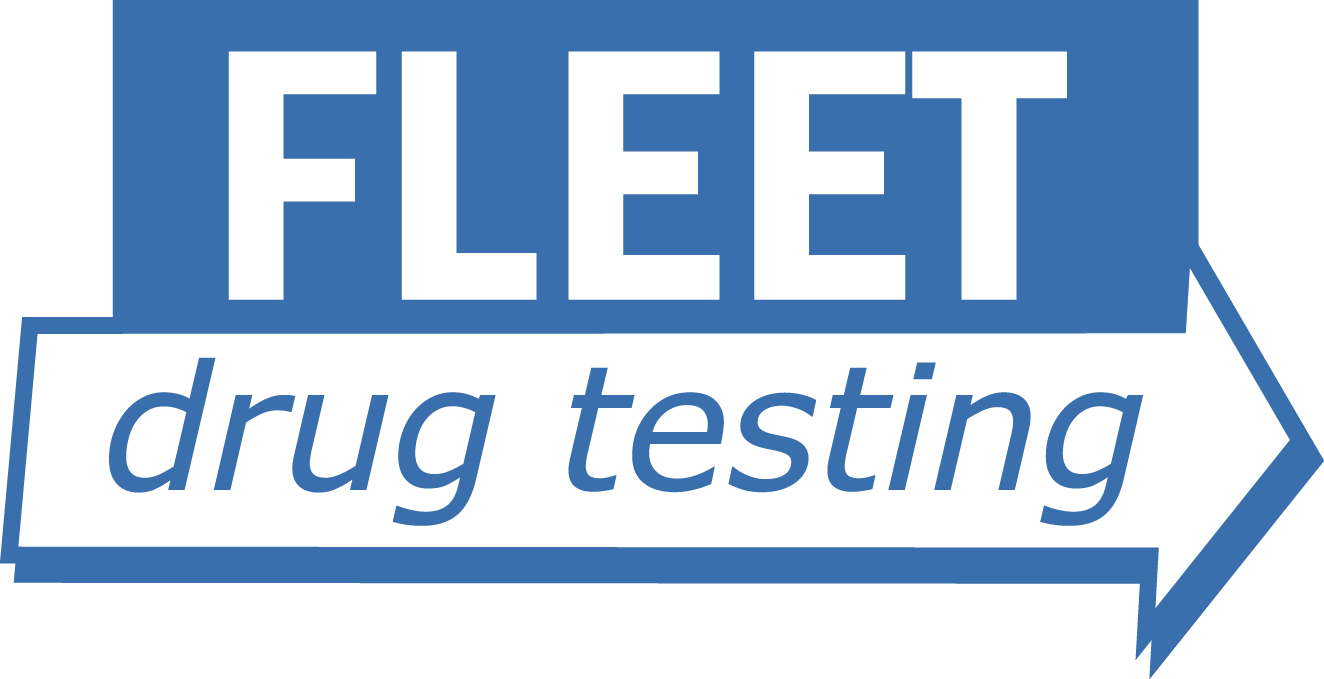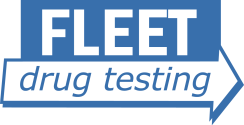Fleet FMCSA Drug Testing
Simple. Safe.
DOT-Compliant
DOT-Compliant Drug & Alcohol Testing, Consortium and Clearinghouse:
DOT Drug Testing Locations in Arkansas Near You
Your One-Stop Solution for:
ENROLL in our DOT FMCSA testing program to assure compliance.
No matter where you are, there’s a testing location nearby ready to serve you.

DOT Compliant Drug and Alcohol Testing Services for CDL Drivers
Whether you’ve just obtained your CDL license or are an employer with new drivers, you must comply with DOT/FMCSA Drug and Alcohol Testing rules and regulations
Owner-operators or “for hire” CDL license holders are required to undergo testing through a Third-Party Administrator (C/TPA) such as Fleet Drug Testing before driving a commercial vehicle. They are not permitted to manage testing themselves.
At Fleet Drug Testing we manage everything for you. Simply enroll into our FMCSA drug & alcohol testing consortium and we will ensure your DOT testing requirements are fulfilled in a cost-effective manner.

FMCSA Drug Testing Requirements for Owner-Operator ("For Hire") CDL Drivers
If you’ve just obtained your CDL license and intend to work as a “for hire” driver, you must undergo pre-employment testing before operating a commercial vehicle.
FMCSA regulations also require you to enroll in a drug and alcohol testing consortium and participate in its random testing pool.
Meeting these requirements is as simple as joining our testing program. We offer enrollment into a consortium which simplifies the compliance process by providing pre-employment testing, random testing and more. This ensures that all FMCSA testing requirements are met in a cost-effective and efficient manner.

FMCSA Drug Testing Requirements for Employers
As per the FMCSA, CDL employers are required to implement a drug and alcohol testing program for their drivers. This includes conducting pre-employment, random, post-accident, reasonable suspicion, return-to-duty, and follow-up testing.
Employers are also required to provide educational materials and training on drug and alcohol misuse for drivers. Records of the testing program must be maintained and made available to the FMCSA upon request.
We offer comprehensive services to help trucking and other CDL employers fulfill these FMCSA requirements. From random testing selection, sample collection, testing, record keeping, and reporting we ensure compliance in a cost-effective and efficient manner.
Enroll Now. DOT Compliant Drug & Alcohol Testing Consortium Prices
DOT COMPLIANT
ENROLLMENT-
Certificate of Enrollment
-
Online Access to Your Account
-
Medical Review
-
Nationwide Collection Sites
Additional Drivers ($10 each)
Pre-Employment Drug Testing ($60 each)
DOT COMPLIANT
ENROLLMENT & TESTING-
Certificate of Enrollment
-
Online Access to Your Account
-
Medical Review
-
Nationwide Collection Sites
-
Pre-Employment Drug Test
-
Random Drug Testing
Add Additional Drivers ($100 each)
ONLINE
SUPERVISOR TRAINING-
Supervisor Role Training
-
Alcohol & Drug Test Training
-
Training Certificate
Questions? Give us a call at (888) 709-5029, M-F 8am to 5pm (PDT)
We Provide and Manage All Federally Mandated Testing Requirements:

Pre-Employment Drug Testing
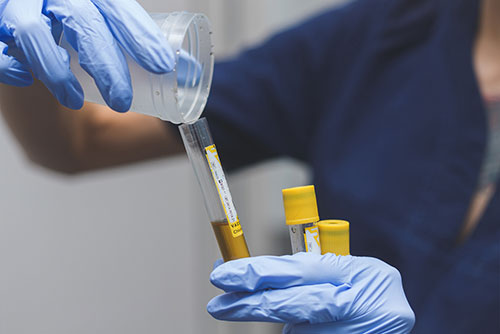
Random Drug and Alcohol Testing

Post-accident Drug and Alcohol Testing
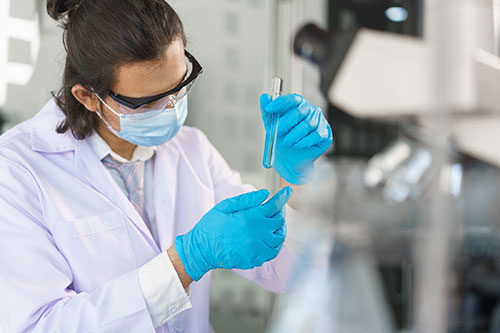
Reasonable Suspicion Drug and Alcohol Testing

Return-to-Duty Drug and Alcohol Testing
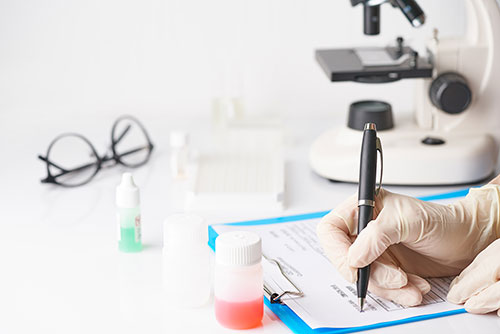
Follow-up Drug and Alcohol Testing
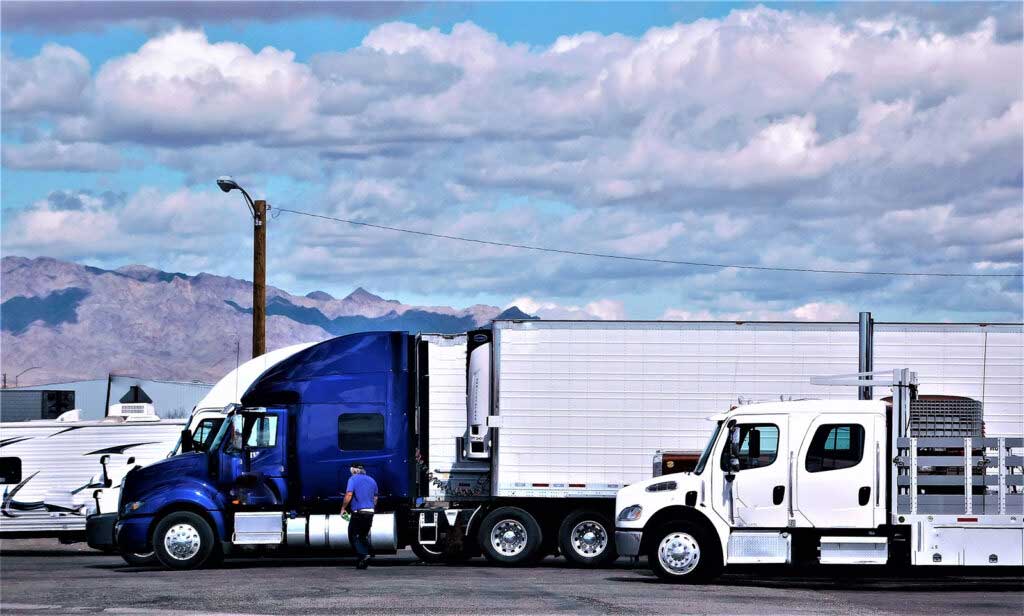
Stay Compliant the Easy Way
As any trucking company, commercial driving company or owner-operator is subject to DOT regulations, participating in our DOT drug & alcohol testing consortium can provide you with several benefits, such as:
- Simplify the drug testing process – Our drug testing consortium can handle all aspects of the drug testing process, including specimen collection, laboratory testing, and result reporting. This can simplify the process for owner-operators and ensure compliance with DOT regulations.
- Reduce costs – By pooling resources with other companies and owner-operators, consortium members can benefit from reduced drug testing costs. Our consortium can also negotiate lower rates with testing facilities and pass those savings on to our members.
- Ensure compliance – Probably the biggest benefit to our drug testing consortium is that it can help ensure compliance with all DOT drug and alcohol testing regulations. This can include providing guidance on testing frequency, ensuring proper specimen collection procedures, and maintaining accurate records. All of these are vital for single-vehicle owner-operators.
- Provide expert support – The staff of our drug & alcohol testing consortium can provide expert support and guidance on all aspects of the drug testing process. This can include answering questions about testing requirements, providing training on drug and alcohol testing procedures, and helping owner-operators navigate any compliance issues.
- Increase accountability – Our consortium members are held accountable for complying with DOT drug and alcohol testing regulations. This can help ensure a level playing field for all owner-operators and reduce the risk of non-compliance.
Get DOT Compliance Drug Testing
Fill out this form and a member of our team will reach out shortly.
"*" indicates required fields
Which Arkansas Employees Are Subject to DOT Drug Testing?
Compliance with DOT regulations is of utmost importance for employees across the country to maintain their licenses and sustain their businesses successfully. The core aspect of these regulations mandates drug and alcohol testing for all “safety-sensitive” employees. Although this primarily involves drivers, it extends to a wide array of other essential roles, including:- Truck drivers, bus drivers, and other commercial drivers transporting passengers or hazardous materials.
- Airline pilots, helicopter pilots, and other aviation personnel responsible for operating aircraft.
- Locomotive engineers, conductors, and other railway employees involved in the operation of trains.
- Employees responsible for the maintenance and operation of pipelines transporting hazardous materials.
- Certain crew members and operators on commercial vessels, such as ships and boats.
- Employees operating buses, trains, and other public transportation vehicles.
- Employees working in nuclear power plants, where safety and precision are critical.
- Police officers, firefighters, paramedics, and other emergency responders.
- Employees working on high-risk construction sites, such as those involved in operating heavy machinery.
- Certain industrial roles where safety is paramount, such as machine operators in factories.
What is the DOT’s Drug Testing Process in Arkansas?
The DOT’s testing program applies to employees at different points of their employment, whether they work for themselves or larger companies in Arkansas. Under DOT regulations, employees must undergo testing in the following situations:- Pre-employment testing – Before getting hired for safety-sensitive jobs, employees must take a drug and alcohol test. A positive result may result in job denial.
- Random testing – Safety-sensitive employees can be randomly selected for drug and alcohol testing. At least 50% are tested for drugs and 10% for alcohol each year.
- Reasonable suspicion testing – If there is a reasonable belief of drug or alcohol use, employees must undergo testing.
- Post-accident testing – After work-related accidents causing serious injuries, fatalities, or property damage, employees must take a drug and alcohol test.
- Return-to-duty testing – Employees who previously tested positive must complete substance abuse treatment and pass a “return-to-duty” test before resuming safety-sensitive duties.
- Follow-up testing – Even after returning to work, employees with previous positive tests must undergo follow-up testing.
- Marijuana/THC
- Cocaine
- Amphetamines
- Opioids
- Phencyclidine (PCP)
- Employers inform employees about the testing procedures and protocols.
- A trained collector collects a urine sample from the employee, properly labeling and sealing it.
- The sample is divided into primary and split specimens. The primary specimen is sent to a certified laboratory for analysis.
- The primary specimen undergoes an immunoassay test, and if positive, a confirmation test using gas chromatography/mass spectrometry (GC/MS).
- The Medical Review Officer (MRO) reviews the results and contacts the employee for positive results. The MRO checks for valid medical explanations for positive results.
- The MRO reports the results to the employer, and if positive, the employee is removed from safety-sensitive duties.
- Positive-testing employees must complete a substance abuse evaluation and follow-up testing, passing a return-to-duty test before resuming safety-sensitive duties.
How Accurate Are DOT Drug Tests?
DOT drug tests are generally considered to be highly accurate when conducted following the prescribed procedures and using certified laboratories. The Department of Transportation (DOT) has stringent regulations in place to ensure the accuracy and reliability of drug testing for safety-sensitive employees. Here are some factors that contribute to the accuracy of DOT drug tests:- Certified laboratories – The DOT requires drug testing to be conducted at certified laboratories. These laboratories must meet strict standards and undergo regular inspections to maintain their certification. They use sophisticated equipment and follow standardized procedures to analyze urine samples.
- Chain of custody – The chain of custody is a critical aspect of drug testing accuracy. It ensures that the sample is properly collected, handled, and transported from the collection site to the laboratory without tampering or contamination. Proper documentation at each stage of the process maintains the integrity of the sample.
- Rigorous procedures – The DOT has established specific procedures for drug testing, and these are followed to maintain consistency and accuracy across all tests. Employees collecting the samples are trained to follow these procedures precisely.
- Panels and cutoff levels – The DOT mandates a standard 5-panel drug test, which tests for five specified substances. The cutoff levels for each drug are set to reduce the likelihood of false positives and false negatives.
- Confirmatory testing – If a sample tests positive in the initial screening, it undergoes a confirmatory test using a different analytical method. This two-step testing process helps minimize the chance of false positives and increases accuracy.
- Quality control – Certified laboratories are required to implement robust quality control measures to ensure the accuracy and reliability of their testing procedures.
